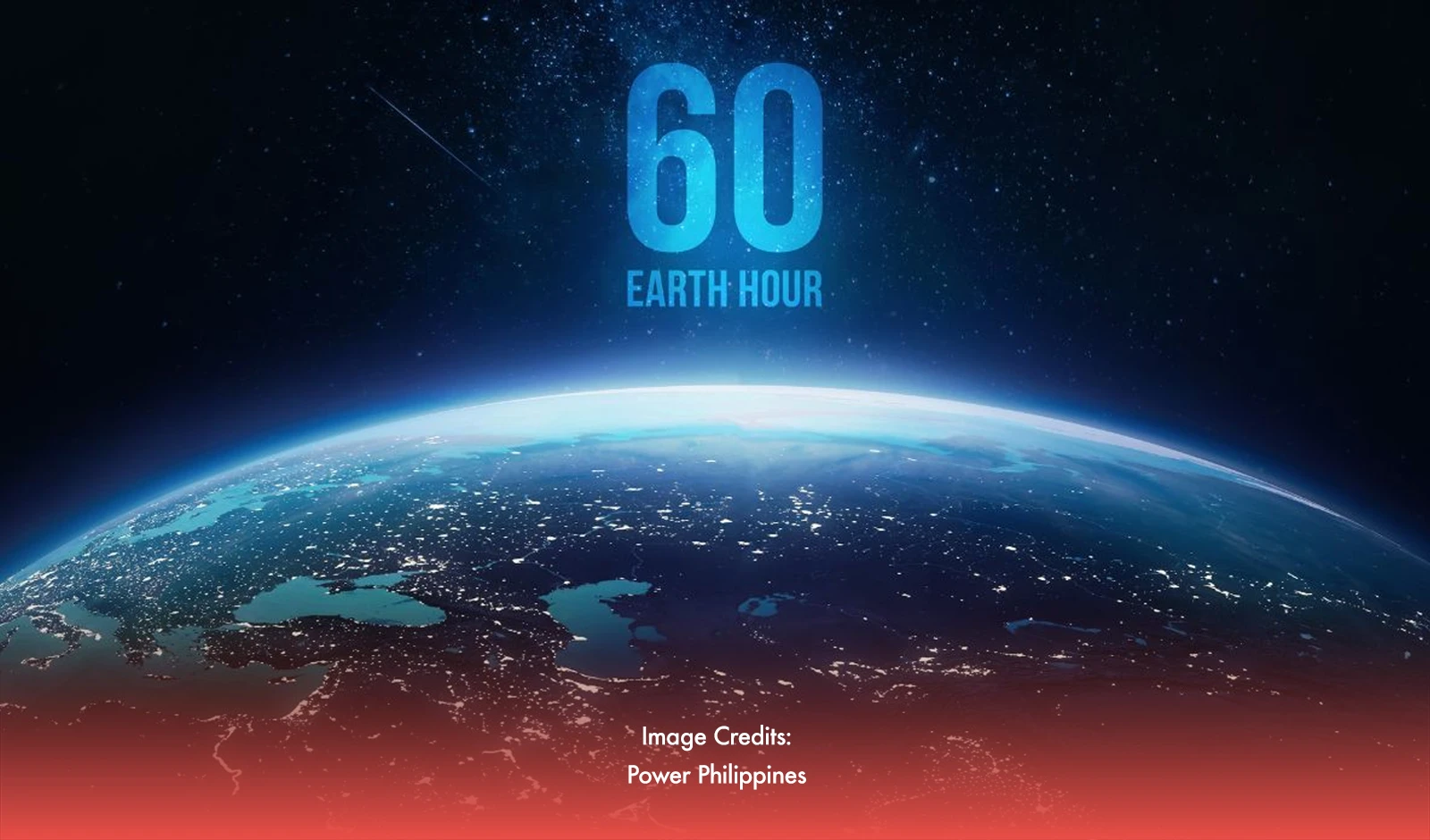Earth Hour is a global movement led by the World Wide Fund for Nature (WWF) that encourages individuals, businesses, and communities to turn off non-essential lights for one hour to raise awareness about climate change and environmental conservation. Held annually on the last Saturday of March, this event highlights the importance of sustainable actions and collective effort in addressing environmental issues.
RELATED: [March 2025 Sees Record-Breaking Heat]
A United Effort to Protect the Planet
Earth Hour took place last Saturday, March 22, 2025, from 8:30 PM to 9:30 PM local time. The Philippines have been an active participant in this movement, with millions of Filipinos joining in by switching off lights at homes, offices, and public spaces. Meanwhile, WWF-Philippines encouraged people to take it further through the "Give an Hour for Earth" initiative, where participants engaged in eco-friendly activities that contributed to global conservation efforts.
Earth Hour in the Philippines
For years, the country played a significant role in Earth Hour, demonstrating the power of collective action. In 2024, the Philippines recorded 132.11 megawatts (MW) in electricity savings, a 110.73% increase from the previous year’s 62.69 MW. This achievement underscored how simple actions could lead to substantial environmental benefits.
The Department of Environment and Natural Resources (DENR) and local governments consistently supported Earth Hour and its long-term benefits for the overall betterment of the planet. Back in 2024, Manila Mayor Honey Lacuna spearheaded Manila's initiative at City Hall, where key landmarks like the City Hall clock tower and Rizal Monument went dark, highlighting the city's dedication to environmental sustainability.
A Lasting Impact
While Earth Hour is a symbolic gesture, its real impact comes from sustained and consistent action. WWF-Philippines continues to push for long-term environmental commitments, urging Filipinos to conserve energy in daily life, reduce plastic waste and pollution, and support local and national sustainability programs.
These small but meaningful efforts help build a more resilient and sustainable future. And as Earth Hour 2025 has come by, Filipinos - and the whole world - were once again called to take action—not just for one night but also as an ongoing commitment to protect the planet.








